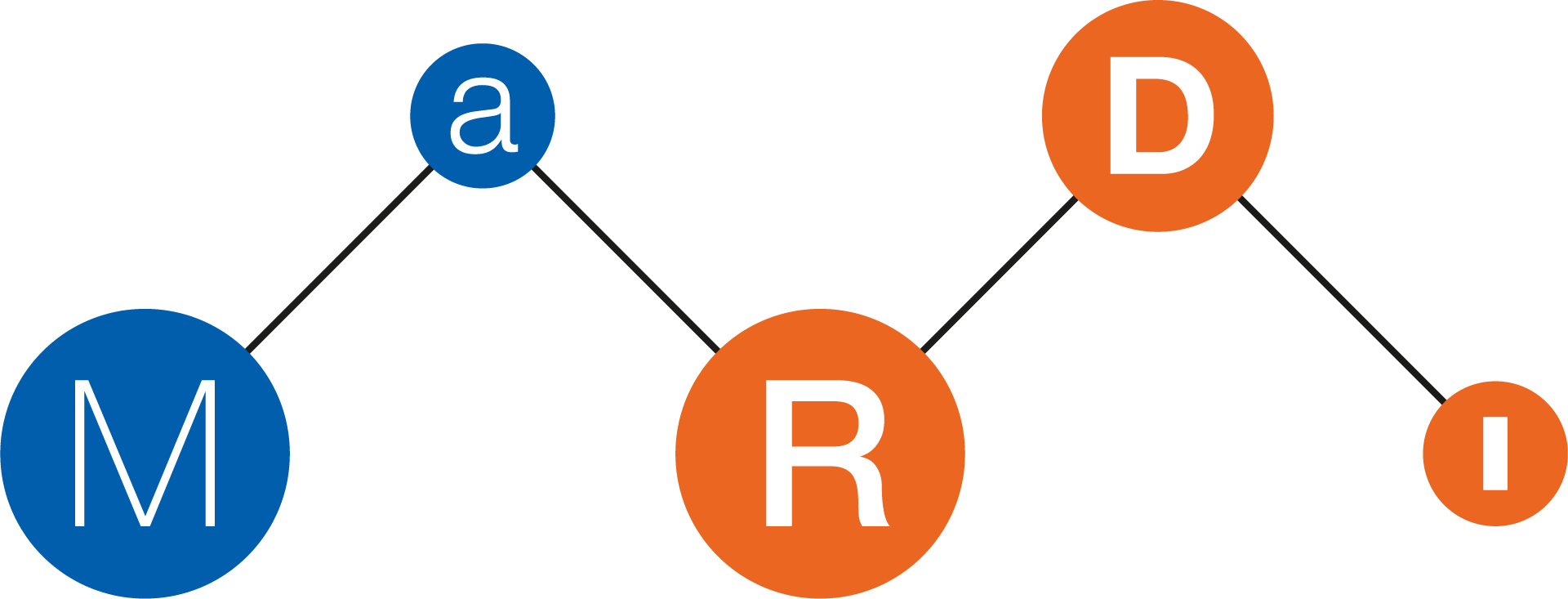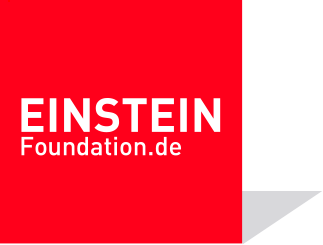Research Projects
An overview of ongoing and completed research projects at IOL, including collaborations with academic partners and industry. Projects span our core research areas in optimization and machine learning.
Ongoing Projects
This project develops the SCIP Optimization Suite and generalizes application-specific advances from MODAL's vertical labs into exact methods for constraint integer programming. The focus is on structure recognition, nonlinear constraints, and efficient implementation on modern architectures.
This project aims to develop agentic AI systems for mathematical research: autonomous discovery of patterns and conjectures, design and execution of computational experiments, and integration with formal verification tools.
This project aims to develop geometry-aware neuroevolution by integrating information geometry into evolutionary algorithms for neural network training, applied to fine-tuning ASR foundation models for audiovisual transcription.
This project aims to apply neural generative models to real plane algebraic curves to advance the classification of M-curves, a problem from Hilbert's 16th problem that remains open for degree ≥8.
This project investigates (mixed-)integer optimization with a non-convex, differentiable objective within a Branch-and-Bound framework utilizing Frank-Wolfe methods as node solvers. The focus is on incorporating spatial branching and comparing it to convexification strategies.
Tensor networks are powerful tools for describing quantum systems, probabilistic modeling, and learning dynamical laws. This project advances these methods to enable large-scale simulations of quantum systems and beyond, exploring new areas of applicability.
This project develops advanced AI methods to monitor forests using satellite imagery, including radar and optical data. It creates scalable techniques for detailed, high-resolution global maps to monitor canopy height, biomass, and track forest disturbances.
This project studies domain decomposition approaches for optimal control in gas transport networks, coupling space-time-domain decomposition with machine learning and mixed-integer programming. It develops NeTI (Network Tearing and Interconnection), a data-driven and physics-informed algorithm combining mixed-integer nonlinear programming, surrogate model learning, and graph decomposition strategies.
This project investigates mixed-integer optimization with convex objectives using error-adaptive convex solvers in branch-and-bound. The goal is to develop a faster branch-and-bound methodology by leveraging modern MILP techniques and error-adaptive methods, with key aspects including warm-starting and controlled inexactness in early termination.
Existing approaches for interpreting Neural Network classifiers that highlight features relevant for a decision are based solely on heuristics. This project introduces a theory that bounds feature quality without assumptions on the classifier model by relating classification to Interactive Proof Systems.
Motivated by nonsmooth problems in machine learning, this project addresses minimizing abs-smooth functions subject to closed convex constraints. New theory and algorithms are developed using linear minimization oracles to enforce constraints and abs-linearization methods to handle nonsmoothness.
Completed Projects
This project applies a Frank-Wolfe-based approach for separability certification and entanglement detection of multipartite quantum states. The method is further exploited to derive entanglement witnesses for cases of incomplete state characterisation, often encountered in experiments.
Formal proof verification can both ensure proof correctness and provide new tools and insights to mathematicians. The goals of this project include creating resources for students and researchers, verifying relevant results, improving proof tactics, and exploring Machine Learning approaches.
This project aims to obtain new bounds in Extremal Combinatorics through an application of flag algebras. The goal is to both improve the underlying computational aspects for existing problems as well as to further develop the theory of flag algebras to extend it to new areas of application.
Computational devices and quantum mechanics revolutionized the 20th century. Quantum computation merges these fields to solve optimization problems faster than classical computers. This project aims to develop new quantum algorithms for general-purpose and specific applications, including optimization, mixed-integer programs, and uses in machine learning, logistics, big data, and physics. We will explore quantum dynamic programming, graph sparsification, and QAOA-type algorithms for small quantum computers.

This project will explore to what extent near-term quantum computing may potentially provide better approximations to combinatorial optimization problems, bringing together expertise from quantum computing and applied mathematics. It is a collaborative effort within the Einstein Research Unit on Quantum Devices, involving the Freie Universität Berlin (FU Berlin), the Weierstrass Institute for Applied Analysis and Stochastics (WIAS), and the Zuse Institute Berlin (ZIB).
This project develops theory and algorithms for 0-1 decision making in optimization problems constrained by partial differential equations. By exploring extended formulations, it achieves new stationarity concepts through sequential exact and approximative relaxation of adjoint-based primal-dual optimality conditions.
Extremal Combinatorics focuses on the maximum or minimum sizes of discrete structures with specific properties, posing significant challenges due to their complexity. Traditional computational approaches often fail due to exponential growth in search spaces, but recent AI advancements, especially in Reinforcement Learning, offer new potential. Applying these AI methods could provide insights into combinatorial problems while also enhancing the understanding of AI techniques in complex, sparse reward environments.
MiniMIP is an open source, machine learning oriented Mixed-Integer Programming (MIP) solver. It provides a range of interfaces for all aspects of solving MIPs (heuristics, cut generators, LP solvers), supplying users with a constant view of the internal state and allowing them to propose modifications integrated into the global state.

This project studies algorithms that promote sparsity, developing PageRank optimization algorithms that scale with solution sparsity and investigating Riemannian optimization using manifold geometry. It also develops algorithms for efficient fair resource allocation based on established fairness axioms.
Heuristics play a crucial role in exact solvers for Mixed Integer Programming (MIP). However, the question of how to manage multiple MIP heuristics in a solver has not received sufficient attention. This project addresses the strategic management of primal heuristics in MIP solvers, aiming to replace static, hard-coded rules with dynamic, self-improving procedures.

Deep learning is revolutionizing real-world applications and science, replacing or complementing classical model-based methods in solving mathematical problems. Despite successes, deep neural networks lack strong theoretical-mathematical foundations. This program aims to develop a comprehensive theoretical foundation of deep learning from three perspectives: statistical, application, and mathematical-methodological. The research is interdisciplinary, combining mathematics, statistics, and theoretical computer science to address complex questions.
The performance of modern mixed-integer program solvers depends on interdependent components. This project uses machine learning tools to develop an integrated framework that captures interactions of individual decisions made in these components, with the goal of improving solver performance.
Worst-case complexity bounds are increasingly insufficient to explain the real-world performance of optimization and learning algorithms. This project develops data-dependent rates, approximation guarantees, and complexity bounds that better align with actual performance.
Airplane data quality is uneven due to varied sources and sensor limitations. This project develops data processing services for Component Spotting to help airlines optimize business processes and improve customer satisfaction, including methods for modeling and evaluating data quality and using AI algorithms to handle inaccuracies and uncertainties.
Training artificial neural networks is a key optimization task in deep learning. This project aims to compute globally optimal solutions to improve generalization, robustness, and explainability using integer programming methods, exploiting mixed-integer nonlinear programming and enhancing techniques like spatial branch-and-cut while leveraging symmetry and sparsity.

This pilot project tests a workflow from the design of hybrid quantum-classical algorithms to their simulation using quantum simulators on HPC hardware. The focus is on Noisy Intermediate-Scale Quantum (NISQ) algorithms and Quantum Approximate Optimization Algorithms (QAOA) that can approximately solve special problem subclasses.







